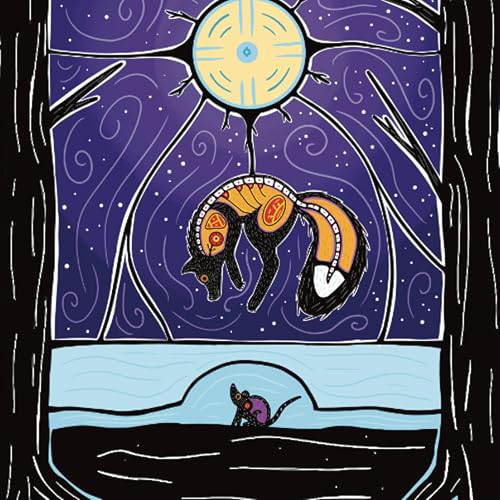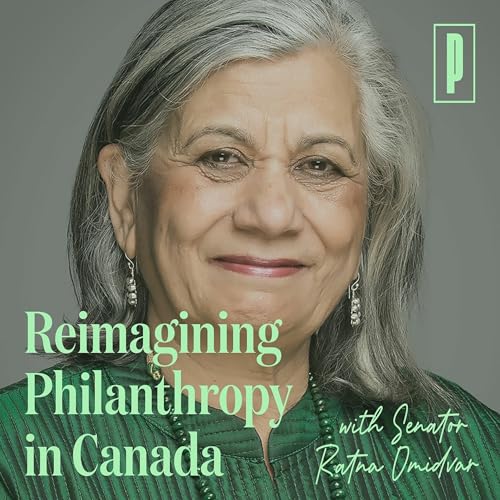What happens when we are intentional about being a good host? What are the possibilities for philanthropy – and for ourselves – when we are hosted in a way that is grounded in Indigenous-led ways of giving and sharing? As we start to gather again, and in newly adapted ways, this podcast shares lessons from one special gathering. Host Holly McLellan talks with guests Joleen Mitton, Justin Wiebe, and Josh Paterson about their experiences and reflections from The Circle’s 2023 All My Relations gathering. Key themes of presence, Indigenous leadership, accessibility, inclusion, closed spaces, liberation, relationships, connection to land, gratitude, and honesty highlight how a conference that is far from typical intentionally centres principles of reciprocity, accountability, curiosity, and abundance. In this way, power dynamics are reframed between Indigenous-led organizations and settler-led foundations to pave the way for transformation and collective change. The All My Relations conference was held at the breathtaking Wanuskewin Heritage Park, Treaty Six territory, in May 2023. All are welcome and encouraged to attend The Circle’s gatherings and events, including the upcoming Fall Feast, October 31 to November 2. This episode is a proud production of The Circle, published in partnership with The Philanthropist Journal. It was created in the spirit of reciprocity by a small group of people as a huge thanks to The Circle for hosting us at All My Relations 2023. Special thanks to Joleen Mitton, Justin Wiebe, Josh Paterson, Holly McLellan, Carly Goodman, and Noor El-Husseini. Podcast Music: Lori Cullen, “Go Climb,” from Blood Wonder, 2022
Voir plus
Voir moins
 Dec 18 20242 min
Dec 18 20242 min 39 min
39 min 39 min
39 min 31 min
31 min Jun 18 202434 min
Jun 18 202434 min Oct 17 20231 h
Oct 17 20231 h 51 min
51 min 37 min
37 min
